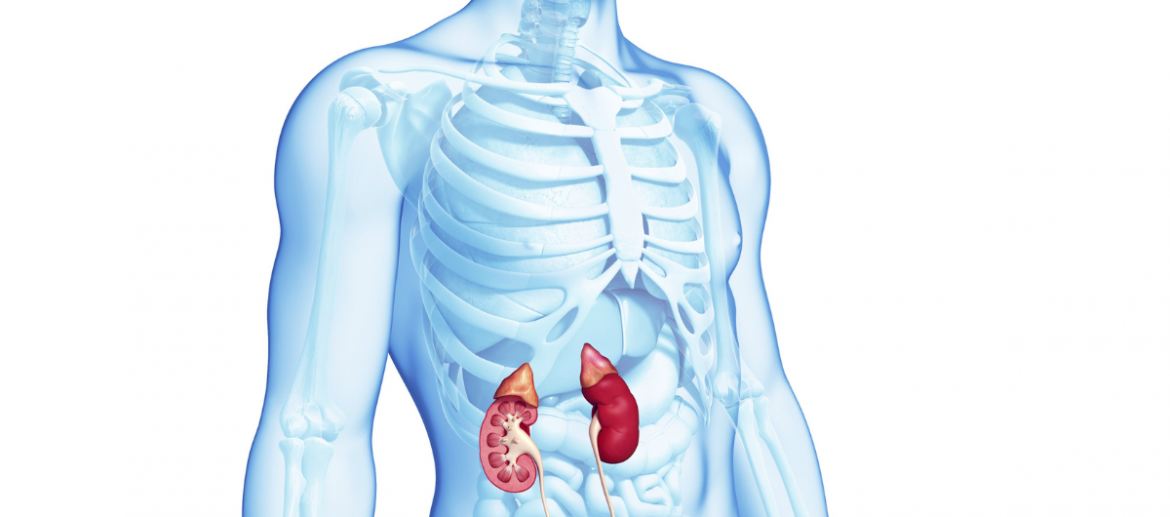Achieve optimal adrenal health with a range of nutrition and Lifestyle changes designed to promote well-being and balance.
Nutrition plays a crucial role in supporting adrenal health. Adopting an anti-inflammatory diet cantered around whole, unprocessed foods can be highly beneficial. Certain foods can negatively impact adrenal function and should be avoided. It’s also important to consider potential food allergies or intolerances.
Lifestyle interventions and health tips
Caffeine, a common stimulant, can disrupt the sleep cycle, hindering adrenal recovery and regeneration. It’s best to limit or avoid its consumption. Protein intake should be moderated, as excessive amounts can affect cortisol levels. Opt for organic protein sources whenever possible.
When it comes to fats, steer clear of processed and hydrogenated oils such as corn, sunflower, and vegetable oil, as they are highly inflammatory. Instead, choose high-quality fats like avocados, olives, nuts, seeds, wild-caught oily fish, and extra virgin olive oil, to help Inflammation reduction.
Sugar and carbohydrates not only promote inflammation but can also contribute to anxiety. Regulating blood sugar levels is closely linked to adrenal health. Focus on high-fiber starchy vegetables like sweet potatoes, carrots, and beets as the main sources of carbohydrates. Simpler carbohydrate forms such as rice, pasta, and bread should be consumed in moderation. Artificial sweeteners should be avoided, while natural alternatives like honey, dates, and maple syrup can be used sparingly.
Adequate sleep is crucial for adrenal and optimal health. The average adult should aim for 7-8 hours of good-quality sleep per night, and individuals experiencing adrenal fatigue may require even more.
Maintaining a routine is vital when supporting adrenal health. Consistent sleep and wake patterns help establish a healthy sleep-wake cortisol cycle. Implementing regular mealtimes can also positively impact the body’s circadian system.
Supplement support for Adrenal health
In addition to dietary adjustments, certain supplements can support adrenal health. Consider incorporating the following nutrients (each supplement has a link which will provide you with further information):
B vitamins: Vitamins B3, B5, and B6 are vital for adrenal hormone production and energy production in general. All B vitamins act as cofactors in enzymatic reactions within the adrenals.
Vitamin C: The adrenals have a higher demand for vitamin C than any other organ or tissue, especially during times of stress. Bioflavonoids can enhance its absorption.
Vitamin D: Adequate vitamin D levels are associated with healthy adrenal function.
Magnesium: This mineral is essential for normal adrenal function, energy production, and promoting relaxation and sleep.
Selenium: Deficiency in selenium may negatively impact adrenal function.
Adaptogens: Herbs like ashwagandha and ginseng have shown potential in normalizing cortisol levels and mediating stress responses.
Liquorice: Liquorice root may help increase DHEA levels while preserving cortisol stores. Caution must be taken, if suffering from high blood pressure.
Omega-3: EPA and DHA, found in high-quality fish or algae oil, can alleviate symptoms associated with adrenal fatigue, such as anxiety, low mood, and immune dysfunction.
Coenzyme Q10 and D-ribose: These compounds are vital for energy production in the body.
Remember, adrenal fatigue is a term used to describe a mild form of adrenal insufficiency, where the adrenals struggle to maintain hormone output during prolonged stress. While there are no official diagnostic criteria, a combination of laboratory testing and patient feedback is often utilized to assess the likelihood of this condition.
Your well-being is our priority.

